Istanbul uses Digital Twin technology to model energy use and solar potential in Kadıköy, showcasing renewable solutions with PV-integrated urban furniture.
The UP2030 Istanbul pilot showcases a data-driven and practical approach to decarbonization through the transformation of Kadıköy into a model for climate-neutral urban districts. Combining the power of AI and digital twin technology, the pilot integrates renewable energy solutions and e-mobility infrastructure to promote a cleaner and more resilient urban future.
Central to the initiative is the development and implementation of an Integrated Digital Twin Framework, featuring three main components: the UBEM/UBTEM AI-powered decision-making tool, a Building Information Model (BIM) and Life Cycle Assessment (LCA) module, and the MIRA digital twin visualization platform. Together, these tools provide a holistic methodology for modelling energy use. UBEM/UBTEM helps to evaluate different renovation strategies on building energy consumption and indoor thermal comfort considering climate change.
In parallel, Istanbul is piloting PV-integrated urban furniture in Kadıköy to visibly demonstrate the viability of solar energy in public spaces. This initiative increases public awareness, fosters citizen engagement, and directly supports clean energy use in everyday urban life.

City planners, municipal departments, residents, researchers, and private sector actors focused on sustainable urban transformation.
Impact and Long Term Vision
This pilot advances Istanbul’s 2050 carbon neutrality goal by aligning AI-powered insights, digital tools, and on-the-ground interventions. It supports the transition toward Positive Energy Districts (PEDs) and clean mobility solutions, offering a replicable framework for other dense urban centres.
- Middle East Technical University (METU)
- Center for Solar Energy Research and Applications (ODTÜ-GÜNAM)
- CIRCE-Centro Tecnológico
- Gruppo Maggioli (MAG)
- Istanbul Metropolitan Municipality (IMM)
- Middle East Technical University (METU)
- IMM Parks and Gardens & Energy Departments, Kadıköy Municipality
- ISTON
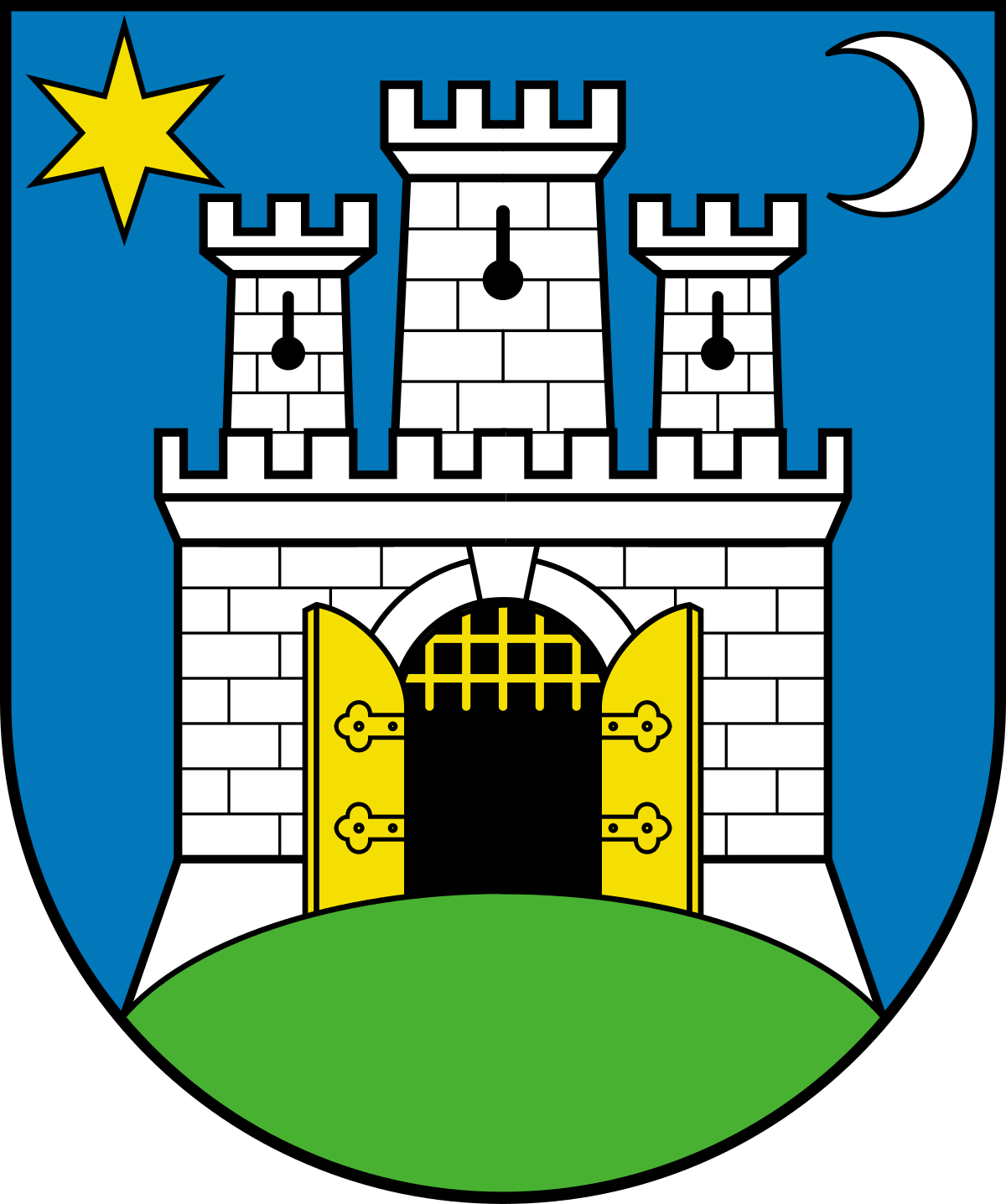
Developers of the UBEM/UBTEM AI decision tools.
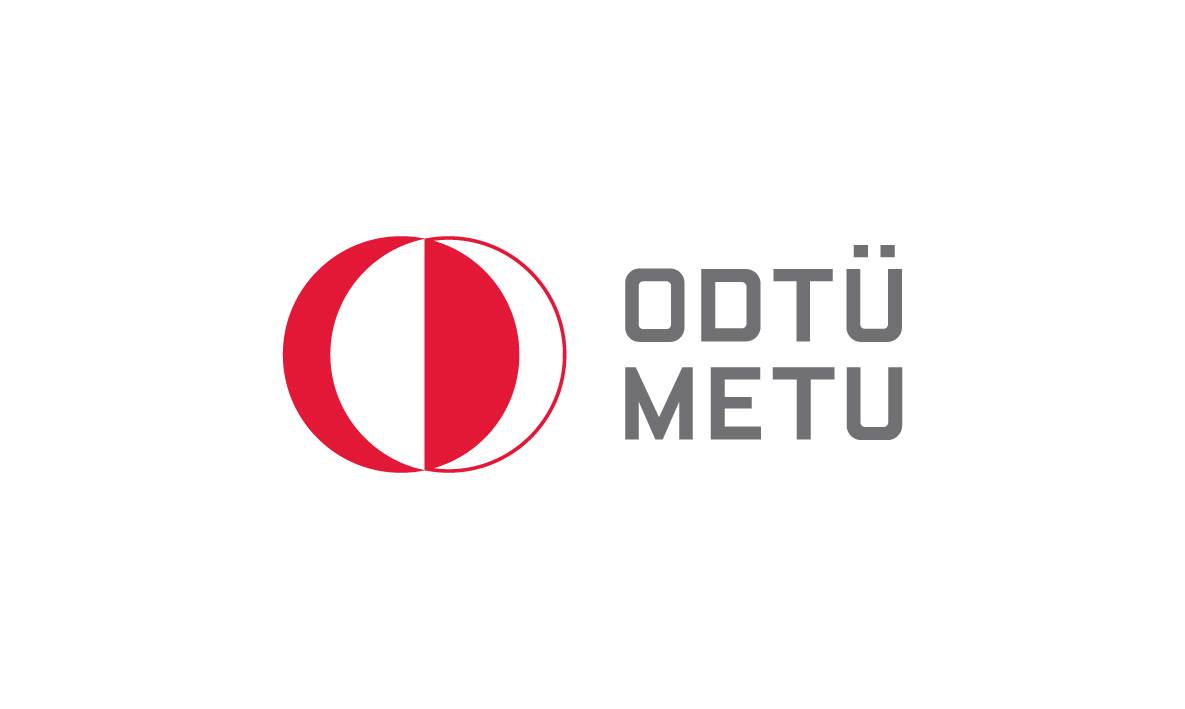
Developers of the UBEM/UBTEM AI decision tools.
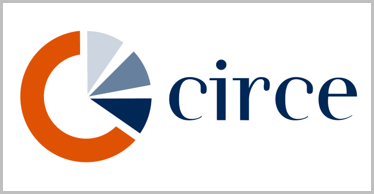
Responsible for the LCA module.

Developer of MIRA digital twin platform.
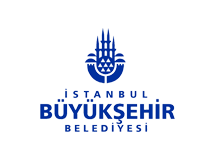
City lead and implementation partner.

Responsible for the design of urban furniture
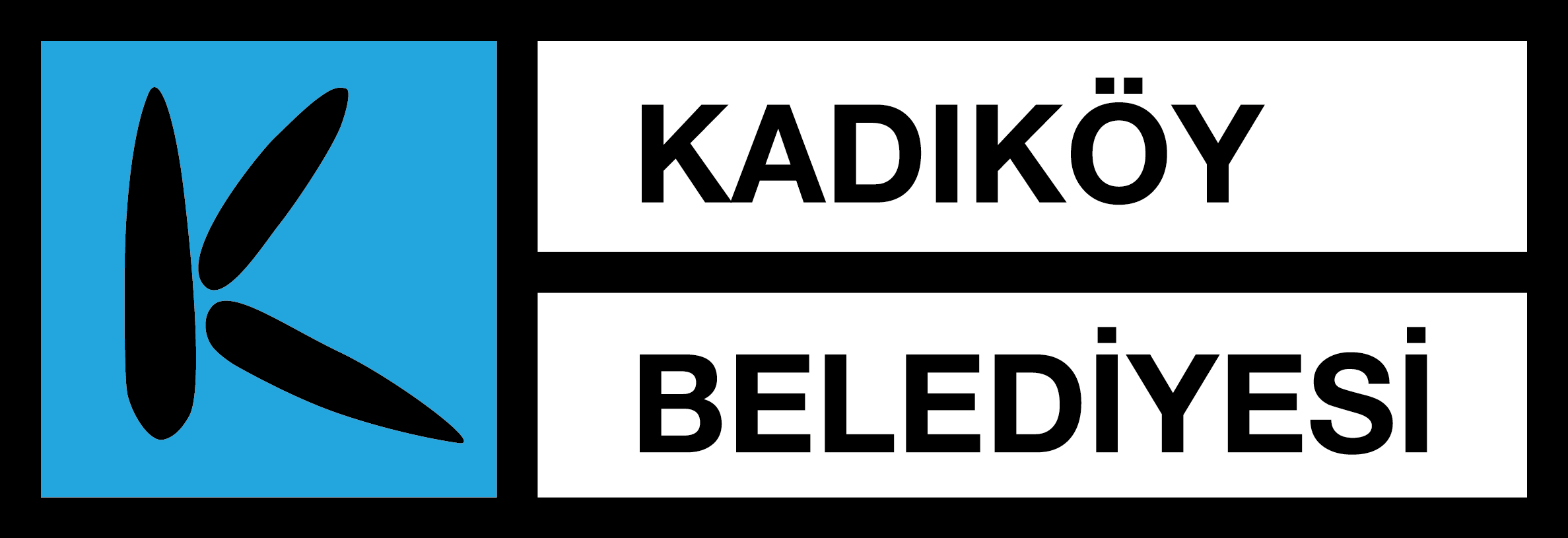
Local integration, site selection, and support.

Producer of custom-designed 3D printed concrete urban furniture.


